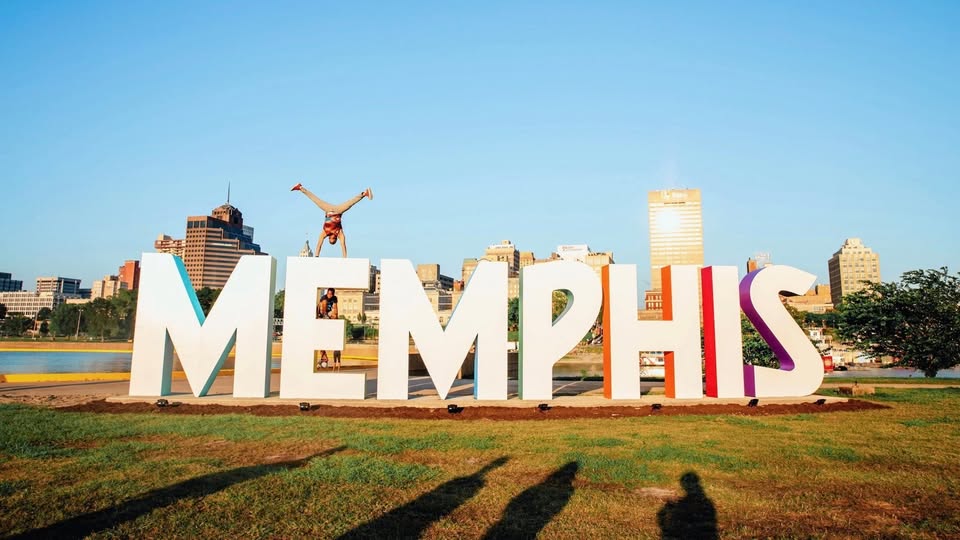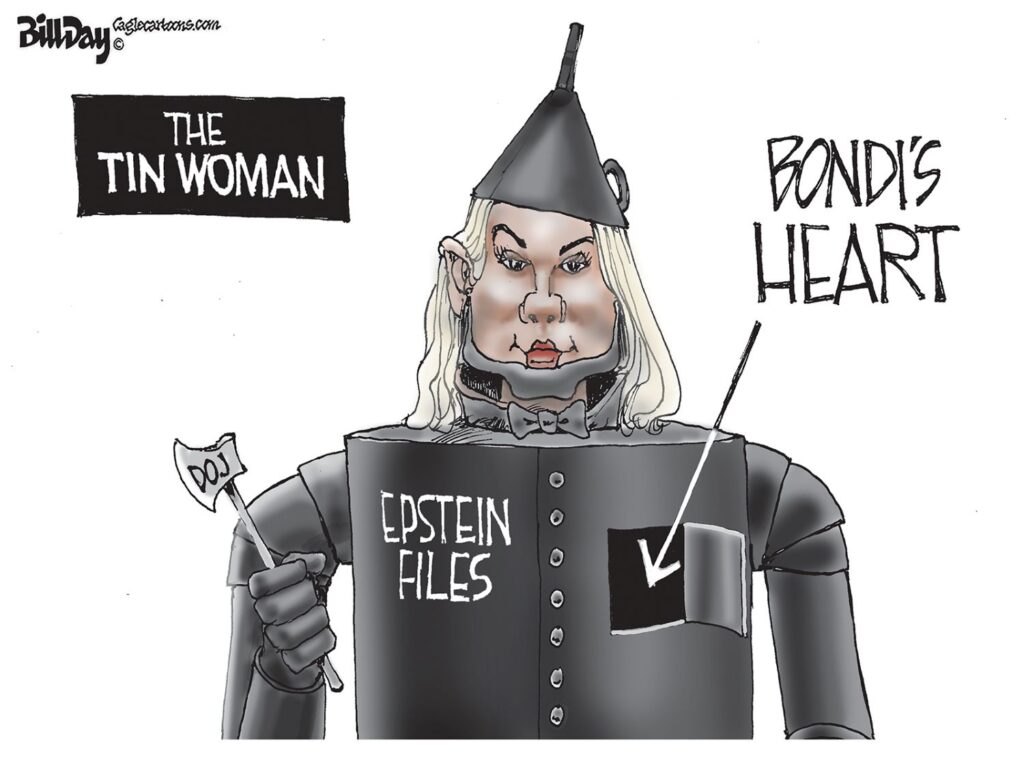David Waters is one of Memphis’ best writers and for his entire career, he has reported on Memphis and captured the zeitgeist of the place he is proud to call his home. He worked at The Commercial Appeal for 39 years and was instrumental in creating the Institute for Public Service Reporting at U of M where he was assistant director and Distinguished Journalist in Residence.
Recently, he aimed his keyboard at expressing his feelings as the National Guard prepares to enter the city. It touched a nerve, as his writing always does.
I reprint it here:
By David Waters
Robin and I have lived and worked and prayed and played in Memphis for more than four decades.
Somehow we have survived. And thrived.
That might surprise those who believe that Memphis is “deeply troubled” and “overwhelmed” by violent, armed criminals.
We haven’t seen any.
We have lived nearly all of the past 35 years in the Vollintine-Evergreen neighborhood, between Midtown and North Memphis, a few minutes from Downtown.
Robin has worked in public schools in North Memphis and South Memphis, Frayser and Raleigh, Binghampton and Orange Mound. We’ve been part of churches in North Memphis and Binghampton.
As a journalist, I have spent quality time in every neighborhood of the city, from Northaven to Westwood, from New Chicago to Nutbush, from Riverside to Parkway Village and Hickory Hill.
We have spent countless hours indoors and outdoors Downtown, enjoying the lovely River Parks and live music, Grizzlies and Tigers and Redbirds games, bakeries and breweries and barbecue joints.
We have yet to witness “the tremendous levels of violent crime” and the need “to make Memphis safe and secure again,” as claimed in the President’s recent Executive Order to send the National Guard and other federal law enforcement officials to Memphis.
Here’s what we have witnessed.
Every neighborhood in Memphis is filled with good people of faith, hope and love who are working each and every day to prevent and alleviate crime and its impact, not merely suppress it temporarily.
That includes countless parents and grandparents, teachers and preachers, doctors and nurses, counselors and social workers, first responders and last line of defenders who are trying to restore broken, under-resourced and overwhelmed systems, institutions, neighborhoods and lives.
Those are the people who are holding this city together. They don’t need more men with guns. They need more men and women with the guts and resources to join them in the hard work of community building.
Here’s what we also have witnessed.
Every neighborhood in Memphis is filled with children. They need and deserve to be safe. They don’t need more men with guns in their neighborhoods and homes. They need fewer guns.
If the President and the Governor really want to help reduce violent crime in Memphis, they could start by reducing the flow of firearms into the city.
As I wrote two years ago, over the past decade, Tennessee “lawmakers” have made it easier to make, buy, carry, and steal guns in Tennessee. https://www.psrmemphis.org/tennesseegunvalley/
During that time, the number of guns made, sold, stolen and seized in Tennessee has increased dramatically.
During that time, the number of Tennessee children ages 17 and under who have been killed by firearms each year has nearly tripled.
Gunfire is the leading cause of death for children 17 and under in Tennessee and across America.
The President’s Executive Order “restoring law and order in Memphis” says nothing about guns. In the Governor’s explanations for what he is calling “a force multiplier,” he has said nothing about guns.
That despite the fact that a large percentage of violent street crimes (murder, armed robbery, assault, car thefts) here and across the country are committed by people who have guns or are looking for (and finding) guns.
There’s no doubt local law enforcement could use a hand. But they are doing a remarkable job. The post-Covid crime wave that hit Memphis and Washington and Chicago and nearly every big U.S. city is steadily subsiding here and across the country.
Yes, statistics say that rates of violent crime and murder are higher here in Memphis than in other big cities in America.
Statistics also say that rates of violent crime and murder are higher in America than in other developed nations in the world.
And, yet, here we all are.
“Street crime” is a problem here. But like every other big city in America, there are a few historically under-resourced and overwhelmed neighborhoods here that skew all the numbers.
Those of us who actually live and work and play and worship here are well aware that Memphis — like every other place people call home — has its share of challenges.
We also believe, as poet Wendell Berry wrote:
“There is no ‘better place’ than this, not in this world. And it is by the place we’ve got, and our love for it and our keeping of it, that this world is joined to Heaven.”
Is this heaven? No, it’s Memphis. Grit, grind, all heart.
**
David’s post sparked an array of thoughtful comments in the same vein and here’s one I especially liked. It’s from Art Davis:
By Art Davis
I couldn’t agree more that Memphis is more than the headlines.
We are at a crossroads. The reality is that we face crime, poverty, and under-resourced systems. But the story of Memphis is also one of resilience, creativity, and community. The way we talk about our city, in conversations, in the media, and on social platforms matters. It shapes how we see ourselves and how others see us.
I’m not ignoring the challenges. They are real, and they require solutions. But I believe those challenges are also opportunities for us to work together, to collaborate across social and economic lines, and to keep building on our successes instead of turning our backs on them.
It is tough work, but I choose to do my part in a positive way.
Memphis writes its own story, and I want my part of that story to reflect both the reality of our struggles and the strength of our community.
Grit, grind, all heart—this is Memphis.



